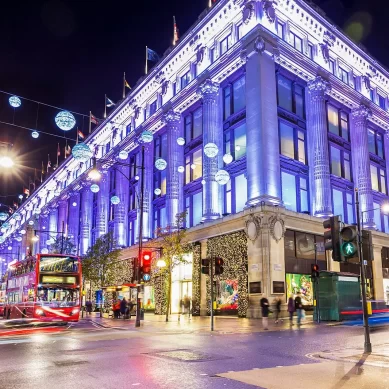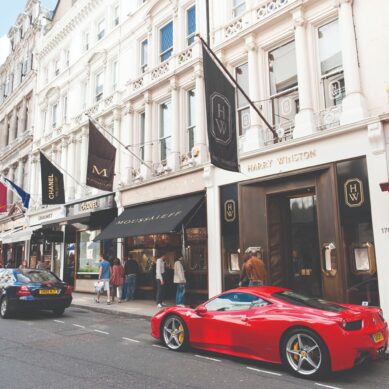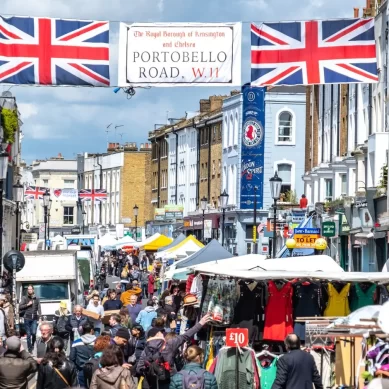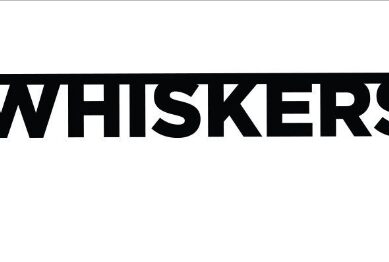The UK will go to the polls this week (4th July 2024) to elect a new government and the results could be significant for Middle East real estate investors. Barratt London has looked at what the two major parties say in its manifesto and how it might have an impact on those looking to purchase a property in the UK capital with a new Government potentially in power.
Stuart Leslie, International Sales and Marketing Director at Barratt London
Conservative Party
The party is committed to reducing immigration (legal and illegal) and proposes caps on working visas, which could affect those hoping to move to London for work, as well as increased income requirements for foreign nationals who wish to bring their families into the country. However, these measures are unlikely to affect higher net worth individuals who don’t require a working visa, or those buying for a holiday home or to house relatives studying in the UK.
Positively, plans to increase housebuilding by fast-tracking planning permission for brownfield developments in large cities – an area that Barratt London specialise in – could reduce the cost of buying a home in the UK and increase choice as more properties become available. The Conservative Party also plans to permanently raise the threshold at which first time buyers are exempt from Stamp Duty to 425,000, including overseas buyers who have never owned property. The manifesto promises leasehold reform, capping ground rents at 250, and making it easier for apartment owners to share responsibility using commonhold tenure.
For those buying a rental property, the Conservatives intend to pass a Renters Reform Bill that will give tenants more security in their homes with no-fault evictions prohibited.
Labour Party
The Labour party has announced many policies, from building 1.5 million new homes over the course of the next parliament to focusing on regenerating brownfield land opportunities for more development. However, policies of particular relevance to foreign investors from a real estate perspective is the proposal to add an additional 1% Stamp Duty on residential property purchases by non-UK residents. This increase would mean that for investors who own a home elsewhere, rates of Stamp Duty would become 6% on the amount under 250,000, 11% on the portion up to 925,000, 16% on the portion up to 1.5m and 18% on any amount over 1.5m. To put it into perspective, this would add 5,000 to the cost of buying the average London apartment (500,000), but rates are still low in global terms – a foreign investor buying in Singapore would face 60% tax.
The Labour Party also promises to end Leasehold entirely and move to commonhold as the default for apartments, as well as regulating ground rents and maintenance costs – measures that could benefit those buying city flats as an investment. For those wishing to live in the UK, Non-Dom status will be abolished, and a points-based immigration system will be introduced.
Stuart Leslie, International Sales and Marketing Director at Barratt London, comments, “Overseas investors might be nervous at the prospect of a change of government, but it’s important to remember that London property has remained a secure long-term investment through six General Elections and three different shades of Government since 2000. Those who bought the average house in January 2000 for 132,705 will find it now worth around 499,663 – a 277% increase, clearly demonstrating that whatever the political party at the helm, investing in UK property continues to be a secure and reliable investment, especially in the regeneration areas that Barratt London specialise in, which increase in value even more strongly.”
For further information, please visit www.barrattlondonmena.com.



































